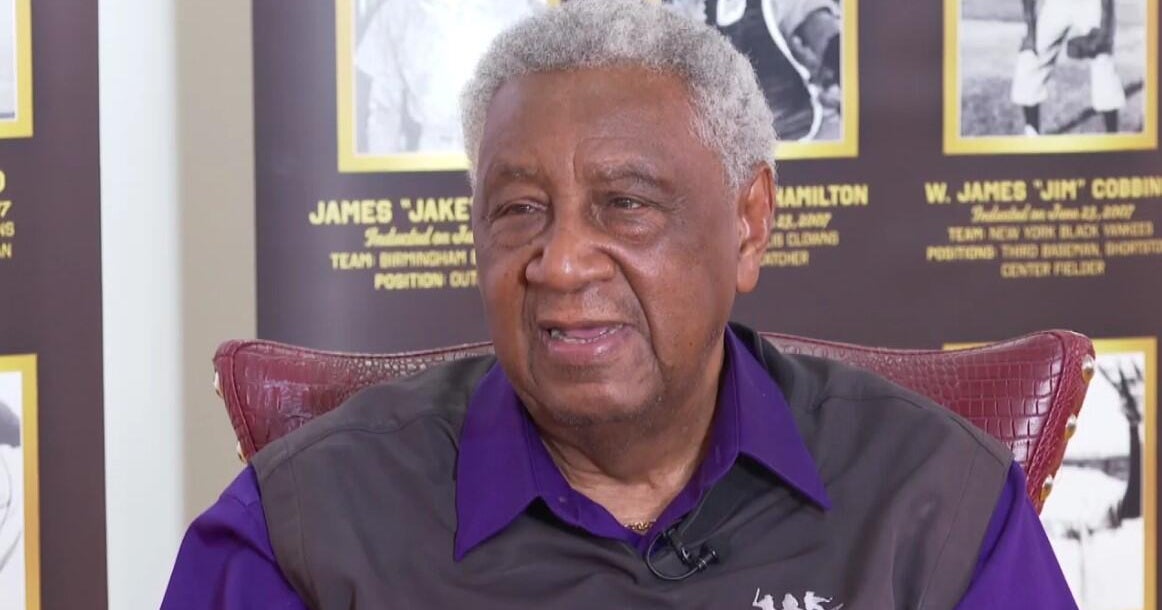How to get your tax refund as soon as possible
Eager to get your tax refund now that tax season has kicked off? More than 7 in 10 filers got money back last year, with checks averaging around $2,800. But before we share some tips on getting your dough, consider what getting a large tax refund really means. While some people get money back because of smart year-end tax moves or because of changes in their financial situation, for many others a refund simply suggests they overpaid their taxes — that means less cash over the course of the year. It also means they are lending Uncle Sam their money at 0% interest.
On the bright side, overpaying taxes can be a form of forced savings.
"They look at it as they can't spend what they give to the government, and this way they can't get into trouble," said Jonathan Medows, a CPA based in Manhattan. "Other people will say, 'Why would I want to give the government an interest-free loan?' And they would adjust their withholdings."
If you're among the millions who expect to get a refund this year, here's how to get it as quickly as possible.
File online
About 40% of all individuals prepare and file their returns on their own, mostly with the help of tax software. While many online tax-prep services are available, the most widely used are Intuit's TurboTax or the suite of online services offered by H&R Block or Jackson Hewitt.
One of the benefits of using an online service from either H&R Block or Jackson Hewitt is that you can start out using their online service. Then, if you decide you need to meet face-to-face with a tax professional, you can walk into one of their thousands of tax-prep centers, where they'll review, prepare and file your return. TurboTax also has tax pros available online via chat and on the phone.
And if you earned less than $69,000 last year, you can use software to file your taxes for free — here's how.
E-file
Over 80% of all individual tax returns are filed electronically. If you use tax-preparation software, the e-filing process is straightforward. It follows three steps: electronically "sign" your return, transmit it to the IRS (and your state) and save a copy for yourself.
The two major benefits of e-filing are that it's the fastest way to get your return accepted and processed by the IRS, and you'll instantly get an electronic postmark certifying that your return was electronically filed.
Tax pros also point out that e-filing reduces the likelihood of errors on your tax return.
Direct deposit
This is the fastest way to get your refund delivered — instead of waiting for a check, have the funds put directly in your bank account. Last year over 85% of refunds were direct deposited.
You can elect to have yours split up among as many as three different accounts at U.S. financial institutions. Use Form 8888 Allocation of Refund, and make sure to provide the correct account and routing numbers on the form.
Be aware that if you try to direct deposit a refund from a jointly filed tax return into an individually owned bank account, some financial institutions will put a hold on the deposit, which will delay getting your money. Make sure you check with your bank to ensure it will accept the direct deposit before you make this election.
Here's how long you can expect to wait to receive your refund depending on how you file and how you receive it.
- Six weeks or more, if you file by paper and request a paper check.
- Four weeks or more, if you file electronically and request a refund by paper check.
- About 10 business days, if you e-file and elect direct deposit.
There are a few exceptions to these schedules. If you're one of the 25 million Americans claiming the Earned Income Tax Credit, or one of the 20 million claiming the Additional Child Tax Credit, the government is required by law to hold your refund until February 15, no matter how early you filed.
If you file electronically, you can check your refund status on the IRS' website starting 24 hours after you file. If you file on paper, you'll be able to check your refund status after four weeks.
— Ray Martin, a longtime financial advice columnist for CBS MoneyWatch, contributed to this report.



